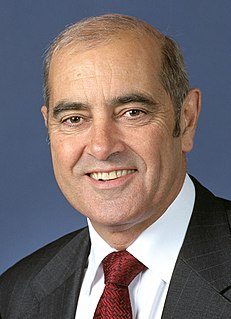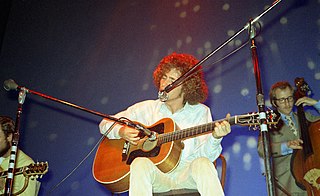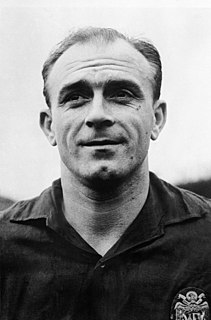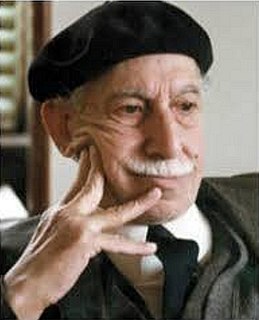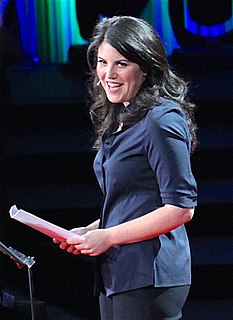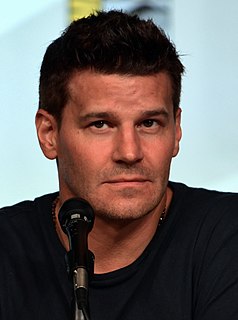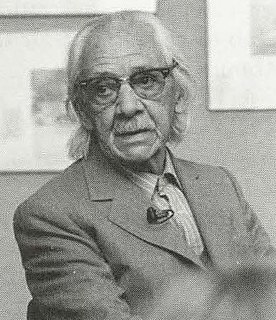A Quote by John Olsen
Art is not so much talent as character… it's what you are, the qualities of the person.
Related Quotes
The peril of every fine faculty is the delight of playing with it for pride. Talent is commonly developed at the expense of character, and the greater it grows, the more is the mischief. Talent is mistaken for genius, a dogma or system for truth, ambition for greatness, ingenuity for poetry, sensuality for art.
Strong emotional experiences are for the most part impersonal. Anyone who has hated another person so much that only chance stands between that person and death knows this, as does whoever has fallen into the catastrophe of a deep depression, anyone who has loved a woman to the dregs, anyone who has beaten others bloody or ever come up behind another person with muscles trembling. "Losing one's head," language calls it. Emotional experience is, in itself, poor in qualities; qualities are brought to it by the person who has the experience.
In the past, traditional art was based on making manifest what is enduring in man, like love, jealousy, hatred, envy, and greed... . Today art has to look again at these unchanging qualities, because society is no longer unchanging. It is up to art today to show us what has become of these unchanging qualities in a world which is moving and changing.
I think probably the qualities that I look for in a man are somewhat different than they were before I became a public person, but not that much different. I think that, sort of, the element of trust is certainly much bigger for me, but the other things that - the other qualities, intelligence and kindness and sense of humor, those things.
I believe Picasso's success is just one small part of the broader modern phenomenon of artists themselves rejecting serious art- perhaps partly because serious art takes so much time and energy and talent to produce-in favor of what I call `impulse art': art work that is quick and easy, at least by comparison.
Before the Conquest all art was of the people, and popular art has never ceased to exist in Mexico. The art called popular is fugitive in character, with less of the impersonal and intellectual characteristics of the schools. It is the work of talent nourished by personal experience and that of the community - rather than being taken from the experiences of painters in other times and other cultures.
